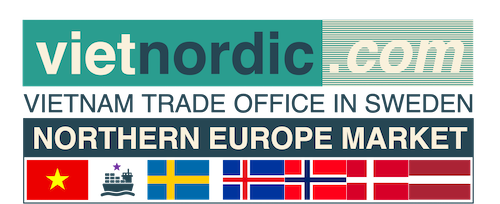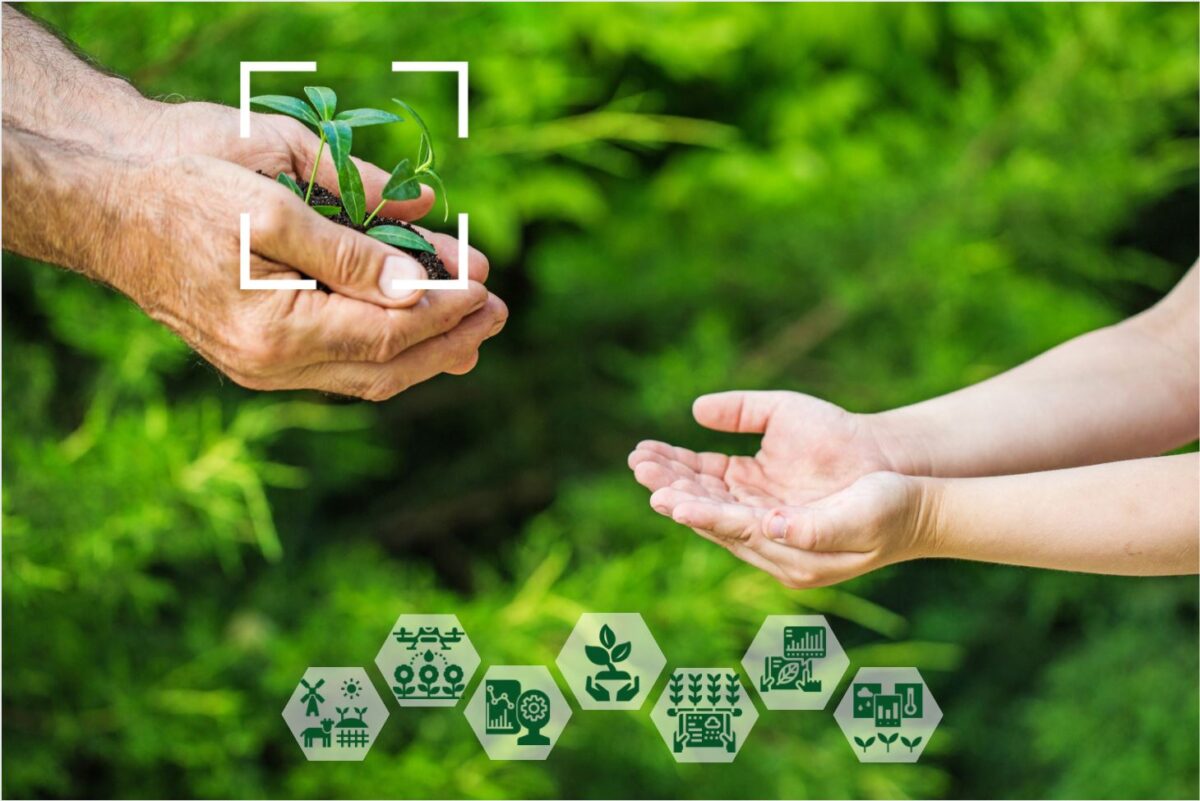The joining of hands between farmers and enterprises is critical to promote the development of a green, sustainable and climate-friendly agriculture, said Hồ Xuân Hùng, president of the Việt Nam General Council of Agriculture and Rural Development.
Hồ said enterprises are playing an increasingly important role in the agriculture value chain and rural development.
However, the number of enterprises investing in agriculture remains modest, he said, citing that there are just around 50,000 of them compared to the total of 900,000 firms in operation.
“Is it because the mechanisms and policies to encourage investment in the agricultural and rural sector are not strong enough,” Hùng questioned. “The linkage between enterprises and farmers remains weak, causing farmers to be passive in both production and consumption.”
The Việt Nam General Council of Agriculture and Rural Development on Tuesday signed a memorandum of understanding with the US – Việt Nam Business Council to strengthen linkage between enterprises and farmers, as well as to attract investments in the agricultural sector.
Trung Chinh, Director of the council said that many enterprises from the US are seeking Vietnamese partners to transfer technology and promote trade.
The Cooperative Law 2023 which allows foreigners to participate in cooperatives, is expected to facilitate foreign investments in agriculture, he said.
Towards green
Phùng Hà, Deputy President of Association of Fertilisers of Việt Nam, said that agriculture is being seriously affected by climate change and agriculture is also the second largest source of greenhouse gas emissions, from the use of fertilisers, pesticides and cultivation.
Reducing greenhouse gas emissions in agriculture and the fertiliser industry is important to cope with climate change towards a sustainable farming industry, he said.
To reduce emissions in the fertiliser industry, solutions must cover both production and use.
Hà said that it is necessary to promote the research and development of green ammonia and green chemistry, reduce loss to the environment, increase the use of organic fertilisers, high-efficiency fertilisers and foliar fertilisers, use additives to inhibit N20 emission processes and prioritise the use of substances of natural origin.
According to Nguyễn Văn Sơn, President of Việt Nam Pesticide Association, the pesticide market of Việt Nam is estimated to reach US$65.6 million this year, from $30.7 million in 2019, with an expansion rate of more than 16.4 per cent per year.
However, the development of bio pesticides products remains modest.
There is a shortage of appropriate policies to encourage research and development, production and use of biopesticides.
In addition, the regulations on technical standards for biopesticides have not been completed.
With higher costs, biopesticides would not be able to replace chemical pesticides, he said.
Việt Nam should learn from the experiences of countries with developed agriculture such as the US, China, India, the Republic of Korea and Brazil to promote the development of biopesticides.

